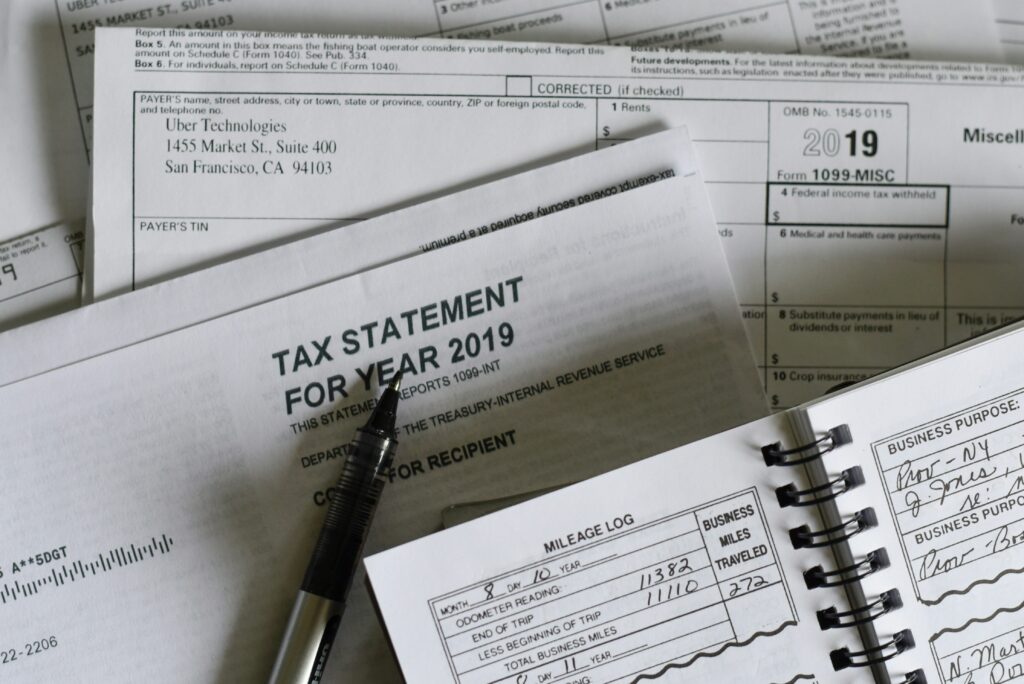For expats, moving to a new nation like the United Arab Emirates (UAE) can be a thrilling opportunity. To maintain compliance and successfully manage their funds, expats must grasp the tariff system. With no personal income levy levied against people, the tariff system in the UAE is renowned for its benevolent terms. This in-depth tutorial will examine the UAE’s tax system, including significant issues like residence status, tax-free income, value-added tax (VAT), and critical issues for expats.

Residency status and tax obligations
Understanding your tariff obligations in the UAE requires first determining your residency status. Depending on how long a person has been physically present in the UAE, the distinction between residents and non-residents is made. An individual must spend 183 days or more in any given tax year to qualify as a levy resident. While non-residents are typically exempt from UAE taxation, tax residents are eligible for some privileges. To identify whether levy laws apply to you, it is essential to understand your residency status.
Tax-free income
The absence of personal earnings tax is one of the major benefits of residing and working in the UAE. Individuals can thereby benefit from their earnings without having to deduct them for taxes. It’s crucial to remember that while there isn’t revenue levy in the state, there are other taxes like the VAT and corporation taxes. These taxes should be understood by expats in order to determine how they apply to various areas of their financial situation.
Value-added tax (VAT)
The state established a Value-Added Tax (VAT) system in January 2018. A standard rate of 5% VAT is applied to the delivery of goods and services. To the extent that they conduct business or are consumers of goods and services, expatriates must be familiar with VAT legislation. To prevent fines and maintain compliance, it is essential to comprehend VAT obligations, such as registration requirements and filing procedures.
Tax planning and financial management
Even though there is no personal income tax in the UAE, expats should still manage their finances and plan their taxes to maximize their financial status. This includes comprehending and making the most of allowances including housing allowances, educational allowances, and employer-provided health benefits. Making the most of their earnings and perks while yet adhering to local laws requires careful financial planning, which can assist expats.
Double Taxation Agreements (DTAs)
The UAE has entered into Double Taxation Agreements (DTAs) with several countries to prevent individuals from being taxed twice on the same income. These agreements provide relief by either exempting certain types of income from tariffs or allowing for a levy credit in the home country. Expatriates should explore whether their home country has a DTA with the UAE to benefit from these provisions and avoid double taxation.
Tax residency in home countries
The tariff residence laws of the home country should also be taken into account by expats. Although there is no personal income levy in the UAE, expats may still be subject to taxation in their home nations. Some nations levy taxes on their citizens based solely on their worldwide income, regardless of where it was obtained. To understand their tariff obligations and any relevant credits or exemptions, expats should speak with levy experts in their home countries.
Financial reporting and record-keeping
Maintaining proper financial records and reporting is essential for expatriates living in the UAE. This includes keeping track of income, expenses, and financial transactions. While there may not be a requirement to file personal income tax returns, having accurate records can be beneficial for various purposes, such as loan applications, visa renewals, or future tariff audits.
Professional assistance and resources
Navigating the tariff system in the UAE can be complex, especially for expatriates with unique financial situations. Seeking professional assistance from qualified tax advisors or accountants who specialize in international taxation can provide valuable guidance. Additionally, staying updated on the latest tariff regulations and utilizing resources such as government websites, tax guides, and seminars can help expats stay informed and compliant.
Final words
The tariff system in the United Arab Emirates offers favorable conditions for expatriates, with no personal income tax imposed on individuals. Understanding the residency rules, levy-free income, VAT regulations, and other financial considerations is crucial for expats to effectively manage their finances and ensure compliance. Engaging in tariff planning, seeking professional assistance, and staying informed about tariff obligations in both the UAE and home countries will help expatriates make the most of their time in the UAE while optimizing their financial situation.
You may also find these articles helpful
Getting an employment visa: Work permit in the United Arab Emirates
